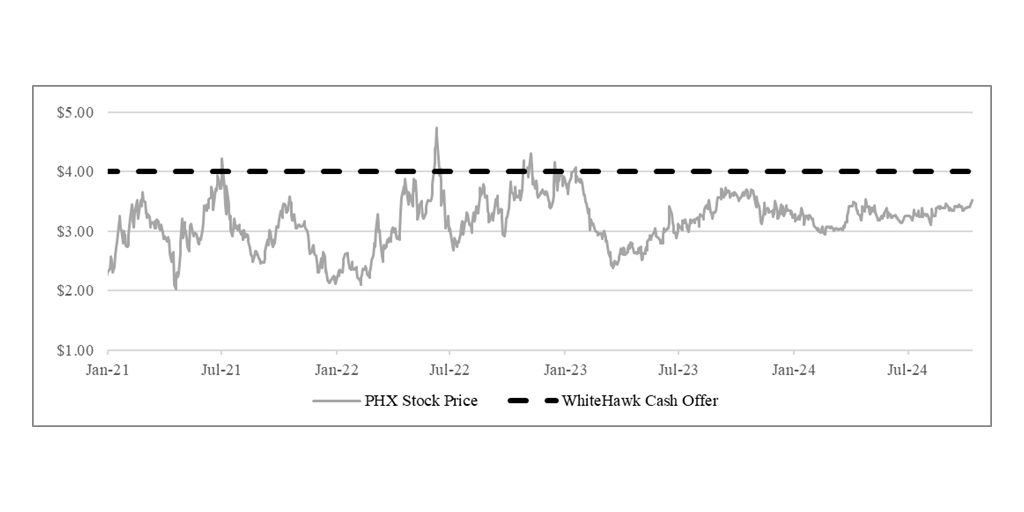Workplace Relations Minister Tony Burke said that only 67,000 labour hire employees who primarily work in the mining and aviation sectors will be affected by proposed industrial relations reforms.
The proposed ‘same job, same pay’ bill will require employers to pay labour hire workers the same rate as direct employees doing the same job, and Burke has now introduced the ‘closing loopholes’ bill.
The four major elements of the ‘closing loopholes’ bill are:
- criminalising wage theft
- introducing minimum standards for workers in the gig economy
- closing the forced permanent casual worker loophole
- closing the labour hire loophole.
Burke said these legislative changes will not cause widespread economic damage and an increase in unemployment.
“There will always be a place for labour hire when it comes to surge work, short-term arrangements and specialist staff. This legislation does nothing to change that,” Burke said.
“These changes will affect a small number of workers. But for the workers this affects – closing this loophole will be life-changing.”
Under the ‘closing loopholes’ bill, employees, unions and hosts can apply to the Fair Work Commission for an order that labour hire employees be paid at least the wages in a host’s enterprise agreement.
Exemptions apply where the host is a small business employer, and a default three-month exemption period will also apply, to avoid impacting labour hire arrangements for surge work and temporary replacements.
“This legislation comes after dozens of meetings with employer groups and unions this year to strike the right balance with this reform, with exclusions for host employers that are small businesses, and labour hire employees under training arrangements,” Burke said.
However, some mining business groups such as the Minerals Council of Australia (MCA) have expressed concern over the ‘closing loopholes’ bill.
“This is not about merely ‘closing labour hire loopholes’ … the scope of the so-called ‘same job, same pay’ legislation is extraordinarily broad and the potential damage to the economy (is) devastating,” MCA chief Tania Constable said.
The effects of the proposed industrial relations reforms are yet to be seen.




